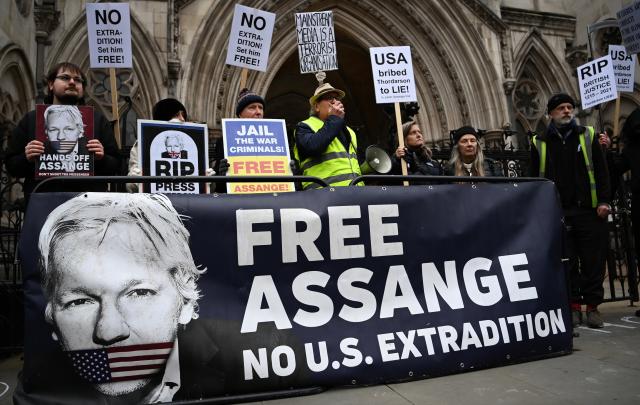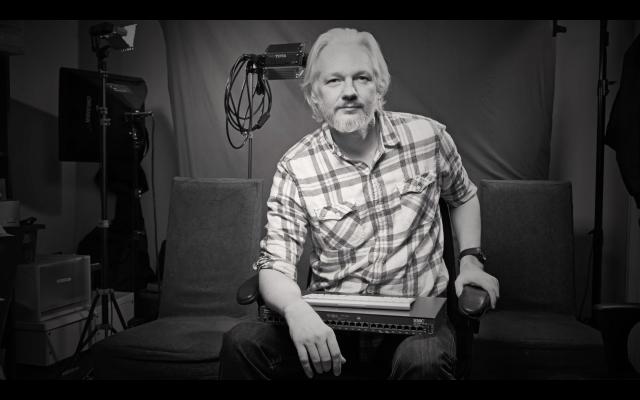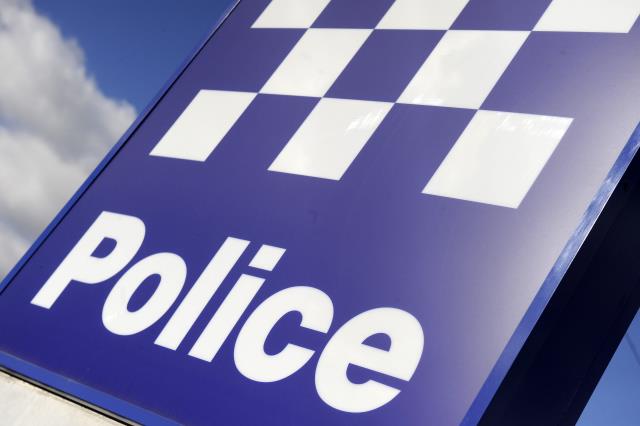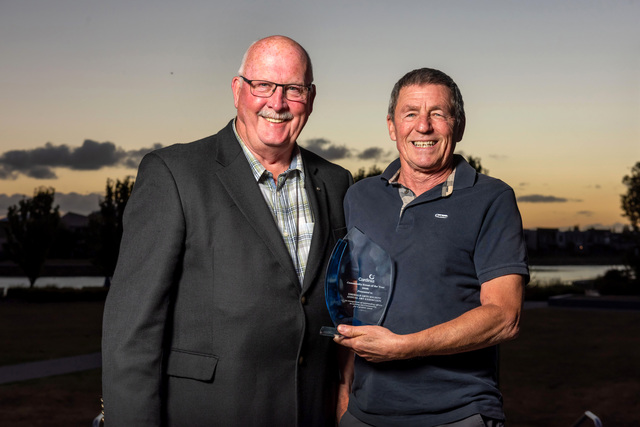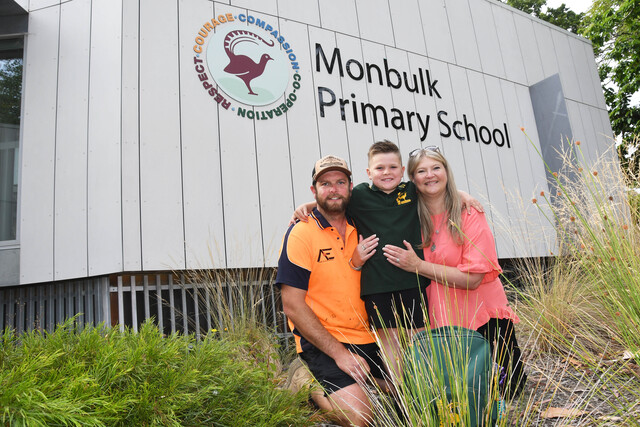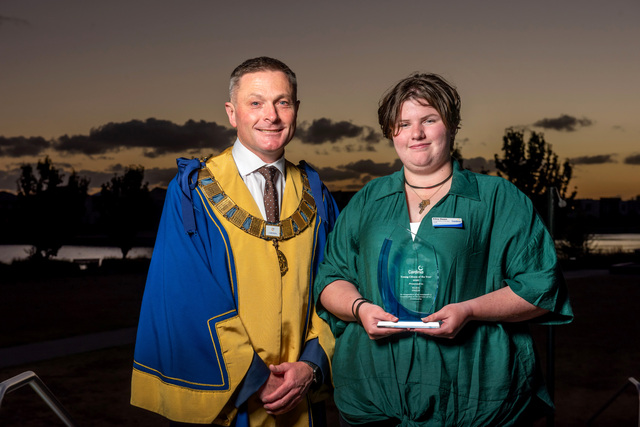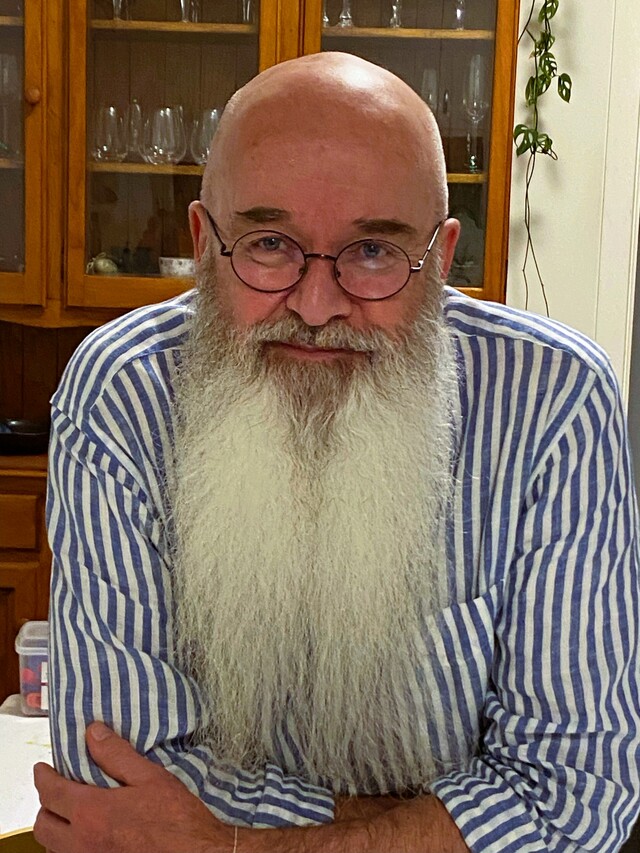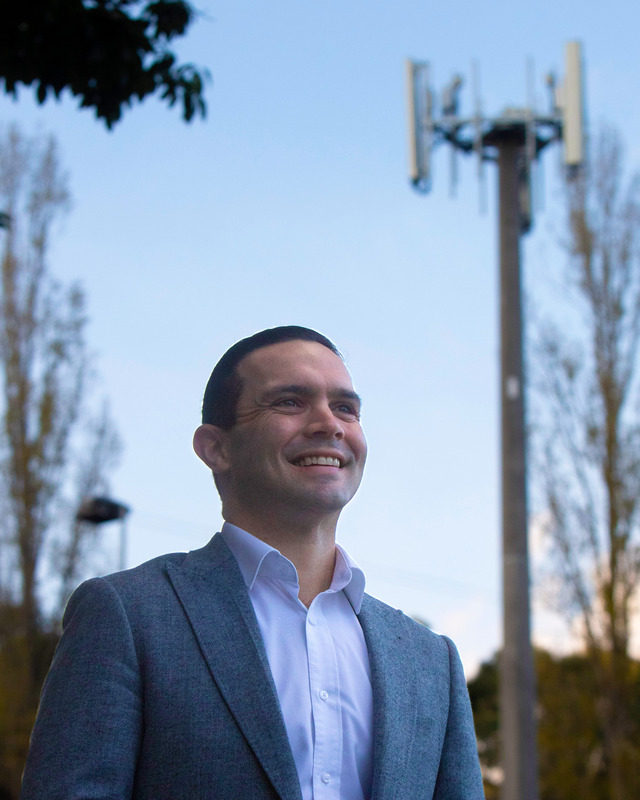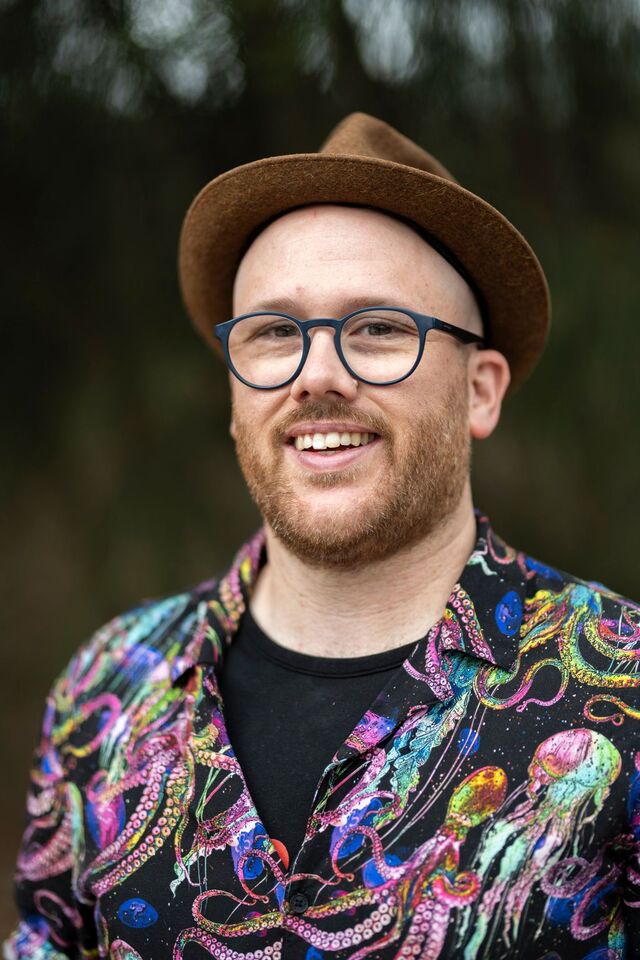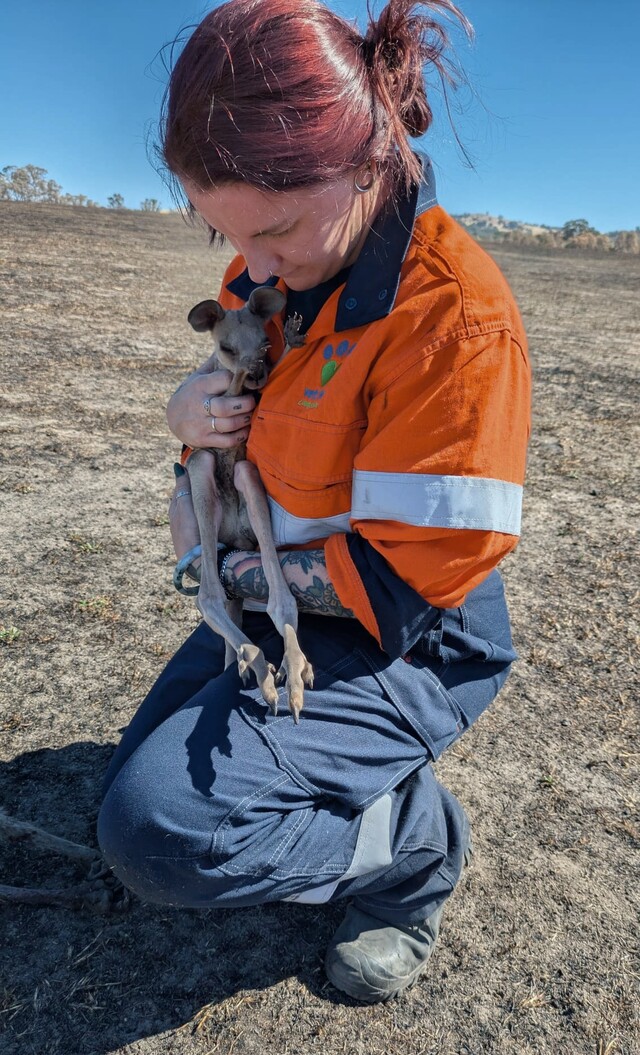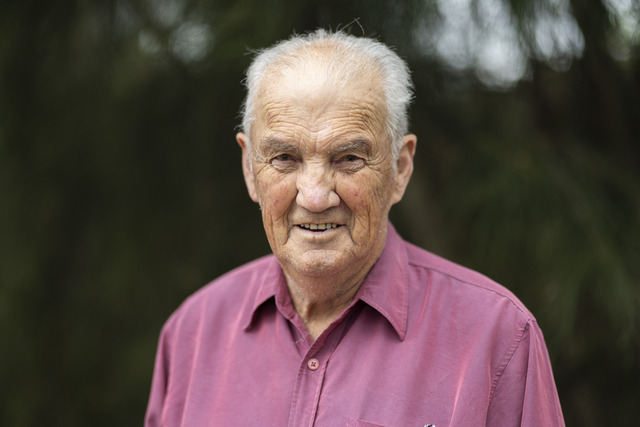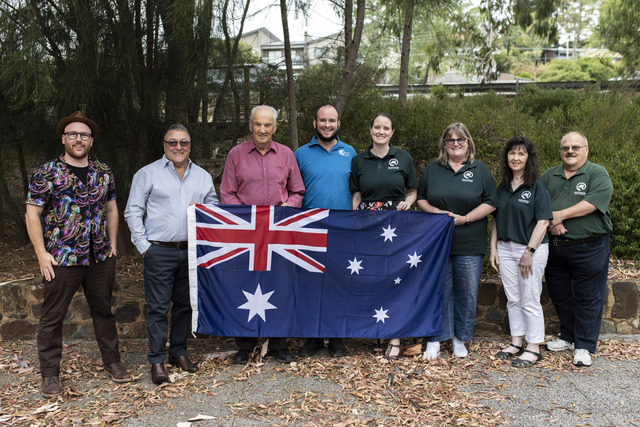Former Hills local Julian Assange has touched down in Australia after a 14-year legal battle involving countries such as Sweden, the USA and the UK.
On Wednesday June 26, Assange was flown to Saipan, a US territory in the North Pacific to plead guilty to one felony count of illegally obtaining and conspiring to disseminate classified information.
The plea was part of a transactional agreement whereby Assange was permitted to return safely home to Australia as a free man and have his US charges resolved, in exchange for his conviction.
Barrister, author and Senior Council advisor to the Australian Assange campaign Greg Barns said about Julian’s plea agreement, “As a lawyer I can indicate to you that plea agreements happen for all sorts of reasons. It doesn’t create any precedent and the principles that Julian stood up for are just as real today as they have been at any time.”
“The plea agreement is a conviction. The issue is, whether Julian should get a pardon from the president. He should get a pardon. It was an outrageous attempt to silence journalists and it reflects badly on the United States and there’s an opportunity for president Biden to fix it before his term in office is up,” Mr Barns said.
“The fight has to go on to make sure that we don’t get another Assange case.”
Mr Barns validated Assange’s legal movements and said, “I don’t think there are any different legal approaches we could have taken because the United States was doing something that is unprecedented which was using its domestic laws to close down and punish an individual who wasn’t a us citizen and who did not publish initially in the United States.”
“It made it very difficult and Julian, I think, made the right decision to go directly to the Ecuadorian embassy and seek asylum and get asylum,” Mr Barns said.
Having originally worked on the Assange case along with Assange’s father John Shipton since 2013 when Assange ran for parliament, Greg Barns has remained involved ever since.
Mr Barns said, “As we’ve seen in Australia with journalists who have been the subject of search warrants etc, Julian’s case does have a chilling effect and that’s why it’s important for us to make sure that this is an example that is never followed.”
“Australia should have acted much more quickly. It should have acted 10 years ago to make sure that this didn’t happen,” he said.
“I think these sorts of cases have a chilling effect on ensuring transparency in governments and journalism. There’s no doubt about that.”
Famous for setting up wiki leaks, divulging official documents, calling out war crimes and championing journalism and government transparency, Assange’s persecution and now conviction illuminates the implications of whistleblowing and investigative journalism.
As the ABC posited, this verdict of charging Assange under the Espionage Act raised concerns among media institutions surrounding the effects this decision will have on publication in the future.
Assange’s father, John Shipton told Star Mail in March 2022, “People are concerned for Julian’s well being because he’s an Australian and did some really earth-shattering things, so the public could understand what governments do, what the United States has done and what war crimes are committed.”
“This family is not really that much different from your regular family out here, except Julian exposed war crimes,” he said.
“Thank you for the support people give and for the long memory, treasuring the time Julian spent here in the hills.”
Having spent five years incarcerated at one of the UKs most high security prisons and seven years living as an asylum seeker in the Ecuadorian embassy in London, Assange’s 14-year legal battle began in 2010 when Swedish prosecutors alleged sexual assault and issued an arrest warrant for Assange.
In efforts to escape this warrant, Assange sought refuge as an asylum seeker at the Ecuadorian embassy in London where he lived for seven years before his asylum-based citizenship was revoked and he was evicted from the embassy.
After being found guilty of violating bail conditions when he fled to the Ecuadorian embassy, Assange was sentenced to 50 weeks in British detention but remained imprisoned for a longer duration.
From divulging information about Guantanamo Bay, the war in Iraq and revealing election information among other feats, Assange’s famous role as a public informant has led him through multiple trials and tribulations.
Now officially safely at home with his family, Assange’s 14-year-long legal battle has shown the world the implications of going to great lengths in investigative journalism in order to inform the public.

